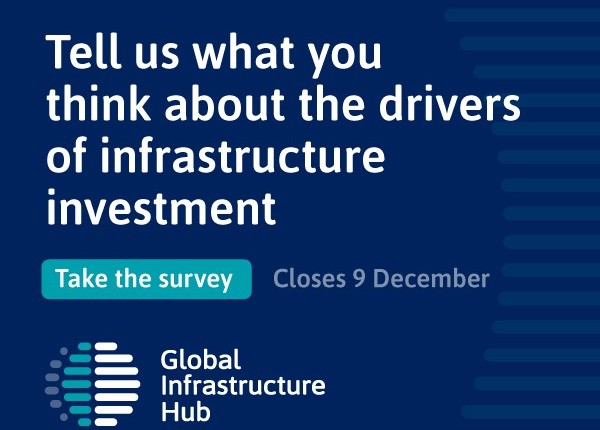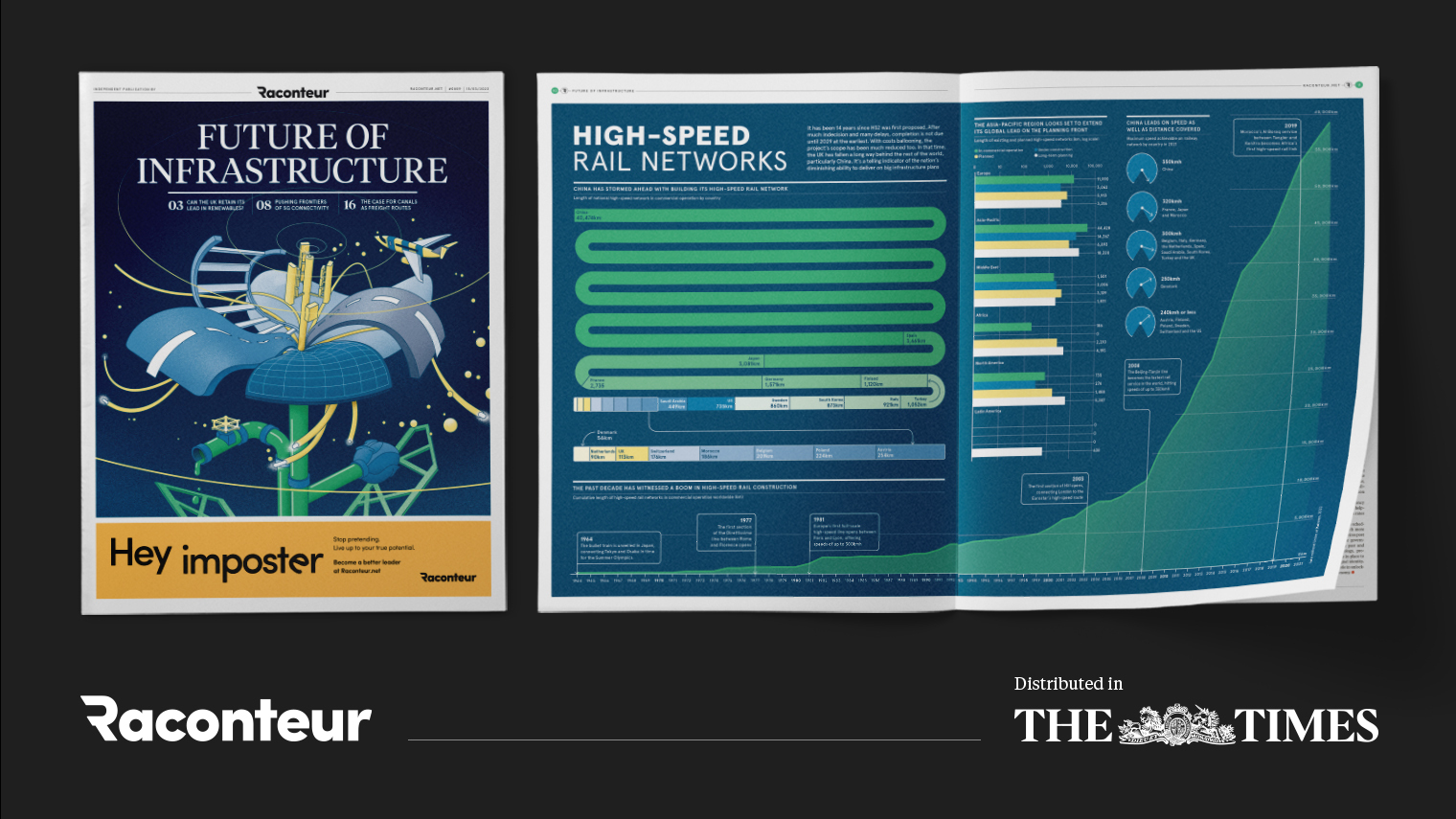Filter by
280 results found
News
After seven weeks of intensive training on infrastructure project finance and delivery, the third cohort of the Africa Infrastructure Fellowship Program graduated last month.
Read time: 2 minutes
Published
02 Dec 2022
View news


News
The GI Hub today launches a shorthand cost-benefit analysis tool for analysing the environmental, social, and economic (ESE) benefits of bus transport projects.
Read time: 2 minutes
Published
01 Sep 2021
View news


News
The GI Hub has today published Infrastructure Monitor 2023. This year’s edition reveals the mixed state of private investment in infrastructure, where positive trends like strong investment, growing use of sustainable finance, and resilient financial performance exist alongside challenges like low levels of capital raised and persistent disparities between high-income countries and other countries.
Read time: 2 minutes
Published
06 Dec 2023
View news


News
GI Hub is today releasing new analysis of investment data from more than 250 long-term infrastructure plans across 25 G20 economies.
Read time: 2 minutes
Published
19 Oct 2023
View news


News
The GI Hub wants to hear your views on the policies and practices that enable greater investment in infrastructure.
Read time: 1 minute
Published
29 Nov 2016
View news


News
InfraTracker is an open access tool that shows how much governments invest in infrastructure, and how they allocate this investment. It is the first tool of its kind and scale to be developed with the cooperation of G20 governments.
Read time: 1 minute
Published
12 Apr 2023
View news


News
Introducing a new professional training program for developing and delivering infrastructure for equal access, affordability, and economic empowerment.
Read time: 1 minute
Published
20 Sep 2023
View news


News
Cross-border infrastructure is essential for connectivity. The GI Hub has created a reference guide that presents key learnings and global practices for successful cross-border projects, drawing from a comprehensive literature review, analysis of case studies and the input of international experts in cross-border projects.
Read time: 1 minute
Published
09 Feb 2021
View news


News
Private investment in infrastructure through primary market transactions remains low at around US$100 billion per year and has been declining over the past decade according to a new Global Infrastructure Hub (GI Hub) report, Infrastructure Monitor 2020.
Read time: 3 minutes
Published
27 Oct 2020
View news


News
The Output Specifications for Quality Infrastructure Reference Guide, helps governments to operationalise the definition of Quality Infrastructure Investment agreed on by G20 nations.
Read time: 1 minute
Published
11 Oct 2019
View news


News
Read more about Infrastructure Futures, our new report looking at the key megatrends with the potential to disrupt the industry through to 2050.
Read time: 2 minutes
Published
01 Jun 2020
View news


News
The first of its kind in the world, the Mexico Projects Hub (Proyectos México) has quickly strengthened Mexico’s ability to fund multiple large projects across the nation.
Read time: 3 minutes
Published
26 Aug 2020
View news


News
Infrastructure Monitor is the GI Hub's annual flagship report on the state of investment in infrastructure. The 2022 report examines global private investment in infrastructure projects, infrastructure investment performance, availability of private capital and the role of MDBs in private investment in infrastructure.
Read time: 2 minutes
Published
11 Oct 2022
View news


News
The Africa Infrastructure Fellowship Program (AIFP)—a joint initiative between the Global Infrastructure Hub (a G20 initiative), private investment firm Meridiam, and the World Economic Forum (WEF)— has been formally announced by Mr Jean-Baptiste Lemoyne, the Secretary of State attached to the Minister for Europe and Foreign Affairs.
Read time: 3 minutes
Published
12 Jul 2018
View news


News
The Guidance Note, developed by the GI Hub in collaboration with Cambridge Economic Policy Associates Limited (CEPA), identifies lessons learned from various existing NIBs in both emerging markets and high-income countries through 11 case studies which explore different NIBs that have existed from 1945.
Read time: 1 minute
Published
28 Jun 2019
View news


News
To increase understanding and improve the consideration of circular infrastructure, the GI Hub has formed a Circular Economy in Infrastructure Action Group that includes global, senior leaders in circular economy and infrastructure across the public and private sector.
Read time: 2 minutes
Published
05 Apr 2022
View news


News
A message from Global Infrastructure CEO, Marie Lam-Frendo, regarding the COVID-19 (coronavirus) pandemic.
Read time: 2 minutes
Published
24 Mar 2020
View news






















